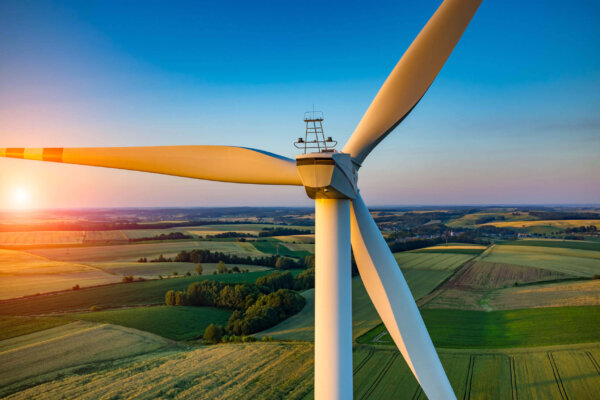Firstly, it gives you the opportunity to join the supply chain of one of these larger companies, including those who are already part of the RE100. In order to get in the supply chain of these prestigious companies, you must attempt to adhere to the same sustainability and environmental values as they do, and this may include moving to, or already being, 100% renewable.
For example, M&S is currently running various programmes to encourage suppliers to reduce their greenhouse gas emissions. Since the launch of Plan A, M&S has lowered its carbon emissions by 19%, reported a 36% improvement in energy efficiency across its UK and ROI operations and is carbon neutral across its worldwide operations, joint-venture stores, offices, warehouses and delivery fleets.
Adam Hall, head of sustainability at Surfdome (one of Europe’s leading action sports and lifestyle retailers who stock brands such as Adidas, Nike, and The North face) also spoke about the importance of having a sustainable supply chain: “We do expect all our suppliers to increase their sustainability credentials, if they do not over longer periods of time, it adds to less favourable conditions for us to work with them going forward.”
Furthermore, being seen as a business that is environmentally conscious is a powerful marketing tool. It shows customers your business is concerned about more than just making money, but the welfare of the planet. This could lead to more customers and in turn more revenue for your business.


